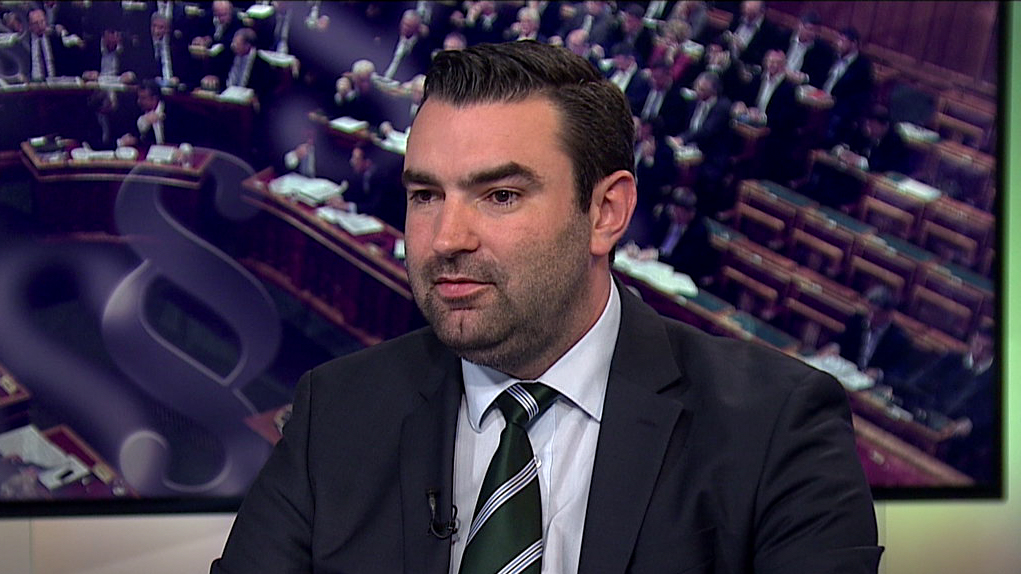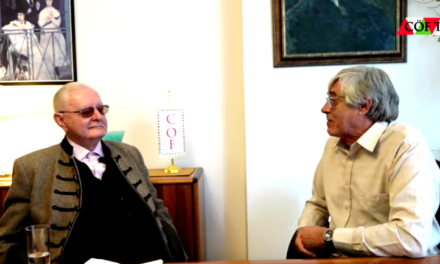The left, which is preparing for the parliamentary election contest, has started discussing political ideas, with which they continue the political tradition with which they deceived the voters nearly twenty years ago. The demagogic and irresponsible promises can also predict that, once in government, the price of their careless budget and economic policy will be burdened again on the middle class in the medium and long term.
The "welfare system change" of the Medgyessy government in 2002, the aid-based social policy typical before 2010 - the work-based approach, instead of tax incentives -, the 2006 economic and tax measures that were divisive on the one hand, but at the same time disadvantaged certain (mainly middle-class) social groups plunged the Hungarian economy into a serious crisis. Nowadays, however, the left's agenda again includes aid policy, and there we find the so-called the possibility of introducing a basic income and, for example, they promise voters free gas, water and electricity under a certain level of consumption. Of course, utility fees - as we know well since the Horn government - are used to be raised radically during austerity.
Due to their populist policy, families with several children could also find themselves in a difficult situation. The left would put an end to the flat tax system, and as incomes rise, the middle class and better-off families would be burdened with ever-increasing tax burdens. In case of high incomes, a special tax would be introduced, and the current possibility of using the family tax allowance above a certain income limit would be eliminated. The popular support system for creating a home would also be significantly curtailed, thus making the situation of families more difficult.
The two- or multiple-rate personal income tax favored by the Democratic Coalition (DK) and, for example, Momentum characterized the chaotic period of the left-wing governments before 2010. Based on the previously published program of Momentum, following in the footsteps of the DK and the socialists, the tax rate would be set at 25 percent for gross payments over HUF 500,000 instead of the current rate of 15 percent.
The left would bring back the "death tax", which was abolished in the summer of 2010 as one of the first important measures of the second Orbán government. The essence of this positive change was that if someone inherits, it will belong to them, and the state cannot lay its hands on a part of the bereaved family's property due to regulatory customs and habits "inherited" from the communist period. The previous unfair state benefit of inheritance and gifts was abolished by the civil government, and in the eleven years that have passed since then, approximately 450 billion forints have been left with the families. And last summer, regardless of the value, inheritance and gifts between siblings were made tax-free, while previously only the inheritance and gifts of parents and children, as well as widows and spouses, could be exempted from tax. However, in recent years, opposition politicians, such as DK member Tamás Bauer, former vice-president of the Gyurcsány party, have taken a stand in favor of the introduction of the inheritance tax.
The coming to power of the opposition can also affect the local government sector very sensitively. After the electoral victory of the socialist-liberal camp at that time, in the summer and autumn of 2002, government measures were taken under the slogan of "welfare system change" for a hundred days, when - instead of sustainable support measures - they started handing out hastily in the name of the autumn local elections. However, the municipalities themselves later got involved; From 2006, the counties and settlements that came under conservative control were pushed into a difficult economic situation, and the slow and difficult process of recovery of the self-government sphere - with strong government help - remained for the period after 2010.
The signs of this are already visible, since the left-wing opposition, which won the position of municipal leader in several capital districts and large cities in October 2019, began taking austerity measures. In Újpest, the housing subsidy provided to young married couples was terminated, and in Miskolc, the rent of municipal rental apartments was increased. The IX. district (Ferencváros) the annual parking fees were increased, as well as, for example, the XIX. district (Kispest), VIII. district (Józsefváros) and also in Ferencváros, the building tax and land tax were raised, but this was also done in rural towns, such as Vác. There is also the danger of introducing a national real estate tax, with which the left would destroy the vast majority of private residential properties – in the case of many families, the only significant asset. In order to introduce this, they would also receive external ideological support from international organizations (e.g. OECD). Mayor Gergely Karácsony recently spoke with such a tailwind about the plans for the introduction of the real estate and property tax, which he considers desirable. For example, a property tax could not only be levied on luxury properties, but the houses and flats of many of our compatriots with a normal income could be taxed with it - those whose property became more valuable in the period before the tax was levied (which is the market value that can be fairly demanded, not the average price and not the highest price).
And while the domestic middle class and (in terms of the possibility of long-term self-reliance) those of lower status would also be put in a difficult situation, the leading politicians of the left admit to foreign newspapers at most that they plan to apply the migration policy typical of Western Europe at home. By admitting immigrants on a quota basis, up to 500-600 billion forints per year would appear on the expenditure side of the central budget, the price of which would also be borne primarily by the middle class. By adopting the political direction of Brussels, the benefits of the Hungarian family support system would probably be significantly withdrawn from our compatriots, thereby endangering the demographic prospects of our country and the survival of Hungarians in the long term.
Source: alaptorvenyblog.hu













